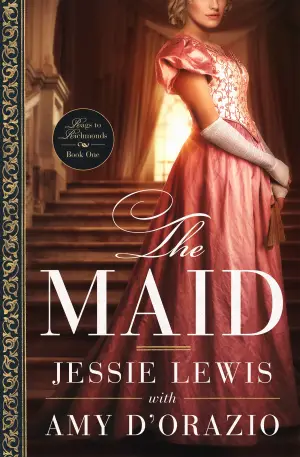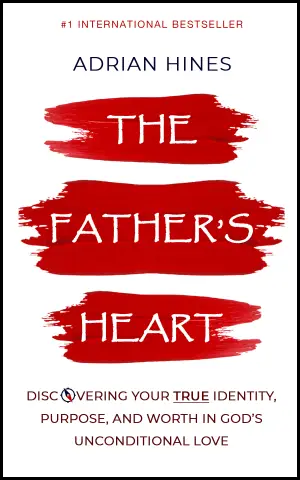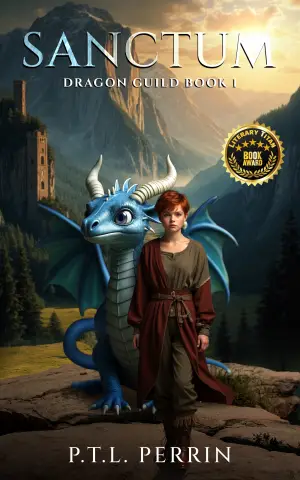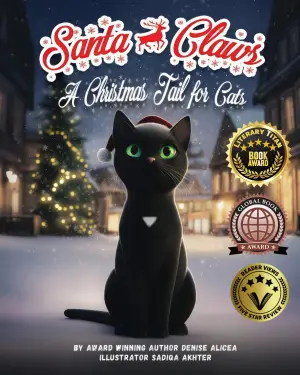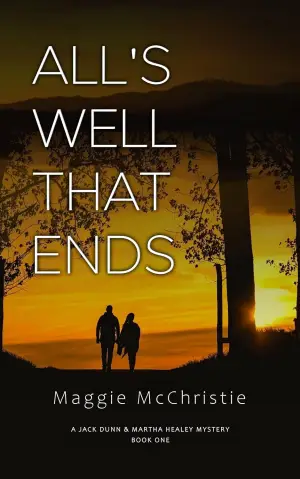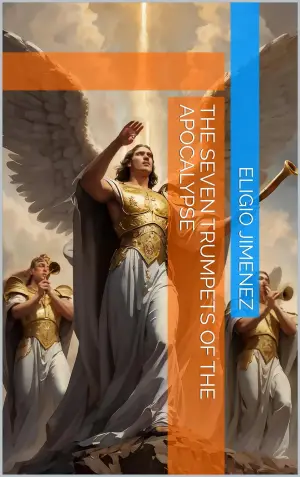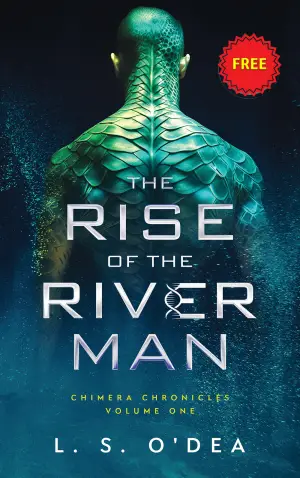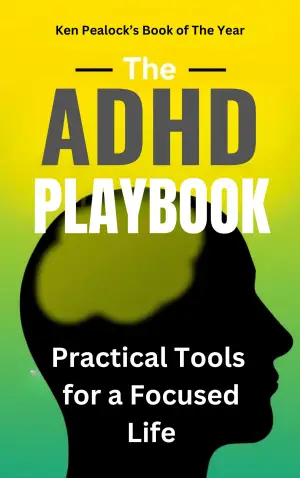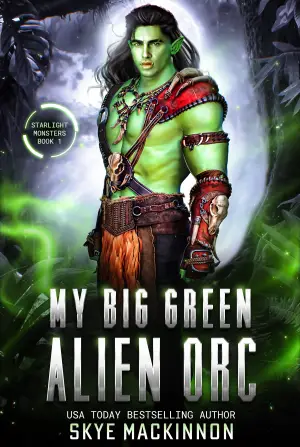Exploring Darkness and Identity: A Review of Gothikana by K. K. Allen
There’s something magnetic about the term “dark academia” that instantly pulls me in—it conjures images of secret societies, whispered conversations over dusty tomes, and, of course, a touch of romance tinged with danger. So when I stumbled across K. K. Allen’s Gothikana on NetGalley, I knew I had to dive in. This book promised everything I craved from that aesthetic—atmospheric settings, intriguing characters, and a dash of the macabre. Unfortunately, while it had its moments of allure, it ultimately served up a kind of dark banana that didn’t quite appeal to my taste.
At its heart, Gothikana follows Corvina, a young woman with a complicated past and striking violet eyes—an immediate nod to the dramatic flair typical of the genre. She finds herself at a mysterious university after her mother, who suffers from paranoid schizophrenia, is institutionalized. Here’s the crux: while Corvina’s journey into the world of the haunted castle and its deadly secrets is compelling enough, I occasionally felt like I was reading a script more suited for late-night TikTok drama than a serious exploration of mental health and identity.
One of the standout elements of the book is Corvina’s relationship with her enigmatic teacher, Vad Deverell. He embodies that classic “bad boy” trope that many readers find irresistible; however, their romance teeters on a thin line of discomfort, given the teacher-student dynamic. Allen presents themes of trauma and attraction, but sometimes the portrayal felt juvenile—for example, Vad’s cheeky one-liner when Corvina admits her virginity could have served as a compelling moment, but instead came across as a cliché.
The writing itself wades through lush descriptions—though at times, it can feel a bit repetitive. I found myself rolling my eyes at the extensive detailing of Corvina’s wardrobe choices. I mean, how many times can a maxi skirt and a fishtail braid be mentioned before it starts sounding like a fashion catalog? Additionally, a bizarre choice to provide intimate details about Corvina’s underwear situation in the early pages left me scratching my head. Was it character development or just a distraction?
Amid these quirks, there are thought-provoking moments, especially surrounding Corvina’s mother and the implications of her mental illness. Allen grapples with the idea that maternal instinct can prevail even amidst challenges, raising important discussions regarding mental health and parenting. However, the narrative sometimes slips into problematic territory, hinting that a woman’s worth in her ability to mother overrides her struggles—an idea that felt heavy on the heart but unevenly explored.
Readers seeking an engaging read steeped in dark aesthetics and quirky characters might enjoy Gothikana. For those of us who find depth in the complexities of dark academic themes—think The Secret History—this book may come off as just a little too light and perhaps a bit disjointed.
In conclusion, while I may not have enjoyed Gothikana as much as I hoped, it’s clear that K. K. Allen has tapped into a compelling niche. The book has already garnered a dedicated following, and there’s no denying its appeal among readers craving romantic escapism. As for me, I’ll probably return to my aging and worn-out collection of “classic” dark academia—but if you’re drawn to the allure of forbidden romance, a haunted past, and a cast of unique characters, then this might just be your kind of fun. Remember, the art of books is subjective—what didn’t quite resonate with me might very well ignite your imagination!






